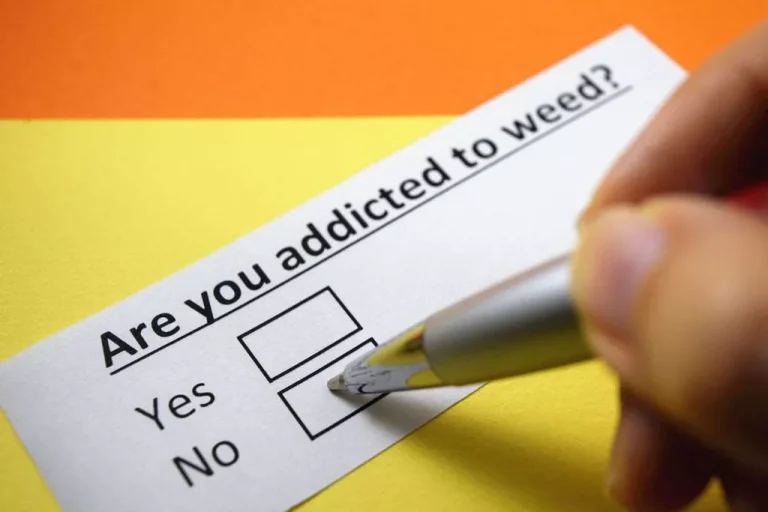
It’s important to note that delirium tremens is extremely dangerous and can be fatal if left untreated. Approximately 3% to 5% of heavy drinkers experience DTs when withdrawing. It’s important to know the difference between mild alcohol withdrawal and severe alcohol withdrawal. They can recommend treatment options that can help, including therapy and medications.
After one to two days of no alcohol…

Try skipping alcohol, especially in the late afternoon and evening, for more restful shut-eye. But anything more than a drink or so a day has the opposite effect, especially if you abuse or are addicted to alcohol. BetterHelp can connect you to an addiction and mental health counselor. Surrounding yourself with people who understand and support your journey is invaluable.
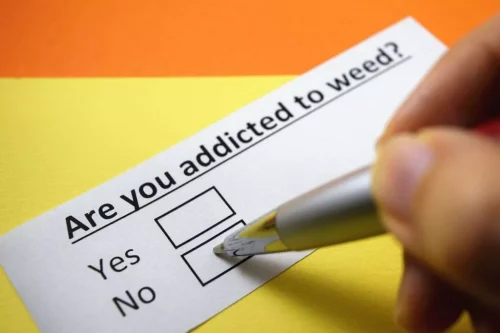
I Drank a Gallon of Water Daily for a Week
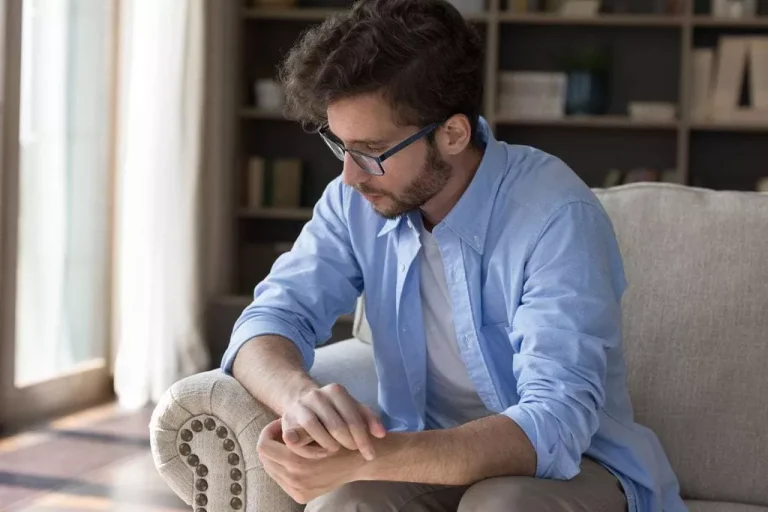
For those with an alcohol use disorder, there are effective prescription medications that can be helpful when abstaining from alcohol. Alcohol and heavy drinking can cause long-term, negative impacts on the brain, including poor memory and slower reflexes. Over time, the brain can actually get used to the effects of alcohol, causing it to work harder and cause unpleasant or even dangerous withdrawal symptoms like tremors and heart palpitations. Symptoms can range from headache, elevated blood pressure, heart palpitations, and nausea and vomiting to tremors, hallucination and in severe cases death. After just seven days without alcohol, your immune system https://ecosoberhouse.com/ starts bouncing back. While you might not notice it, your hormones are starting to improve as well, with libido and sexual function revving back up.
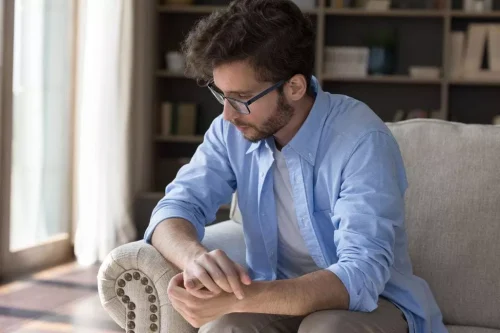
Short-Term Effects of Stopping Drinking
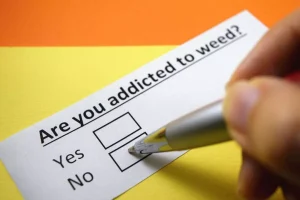
When skin cells are parched, the face looks dull, dry, tired, and old. With alcohol no longer sapping your cells of moisture, the reflection in the mirror may not scare you as much. What you might notice is sugar or carb cravings, as your body isn’t getting the empty calories it’s used to getting from booze.
- They can recommend treatment options that can help, including therapy and medications.
- By your third week of abstinence, your blood pressure levels will become more healthy, potentially allowing you to discuss with your doctor the possibility of decreasing or even stopping blood pressure medications.
- We asked health experts what really happens when you take alcohol out of the equation for a month (or longer).
- Serious alcohol misuse can decrease your lifespan by as much as 28 years compared to those who don’t drink.
You’ll Get Sick Less
- Therefore, not drinking, especially for extended periods of time, can lead to significant improvements in sleep and sleep quality.
- Based in Wilmington, North Carolina, Borst is a lifelong runner and general fitness enthusiast who is passionate about the physical and mental benefits of sleep and self-care.
- Beyond the safety considerations, medical detox is a more comfortable, pleasant experience.
- Our brains don’t like this artificial imbalance and will try to overcompensate by decreasing the amount of GABA and increasing the production of glutamate.
Serious alcohol misuse can decrease your lifespan by as much as 28 years compared to those who don’t drink. This huge change in lifespan is due to the numerous medical problems that alcohol can cause. Heavy alcohol use can affect the health of your what happens when you stop drinking alcohol heart, brain, kidneys, liver, pancreas and digestive tract. Stopping alcohol can reduce many of these risks, potentially adding decades to your life expectancy.
Week 2 With No Alcohol
- Her work has also appeared in Hone Health The Edge, Yoga Journal, Women’s Running, and Oxygen, among others.
- Around 40% choose to make broader changes to their drinking – either by drinking on fewer days per week or drinking less on the days they do drink.
- You may want to practice politely declining before going out so that you feel more confident in doing so.
Severe alcohol-induced hormone dysregulations can sometimes cause serious issues like reproductive deficits, thyroid problems, and behavioral disorders over time. If you add in costs of drinking in social settings at restaurants, bars, and Alcohol Use Disorder clubs, the amount might be more. On the other hand, if you drink in moderation, alcohol doesn’t affect LDL and instead increases good cholesterol (HDL).
- Stopping alcohol can make you feel happier by allowing you to experience positive emotions without alcohol.
- Men and women are advised not to drink more than 14 units a week on a regular basis, which is classed as ‘low risk’ drinking according to the national guidelines.
- If you’ve ever woken up in the middle of the night after drinking with friends, it’s likely you’ve experienced negative sleep quality caused by alcohol.
- The good news is that experts say when people abstain from alcohol, the brain will begin to heal and repair itself.
- They will initially be milder, with a headache, tremors and mild anxiety being the first symptoms.
- “You’re likely to be experiencing longer periods of restorative sleep, leading to better energy levels during the day.”